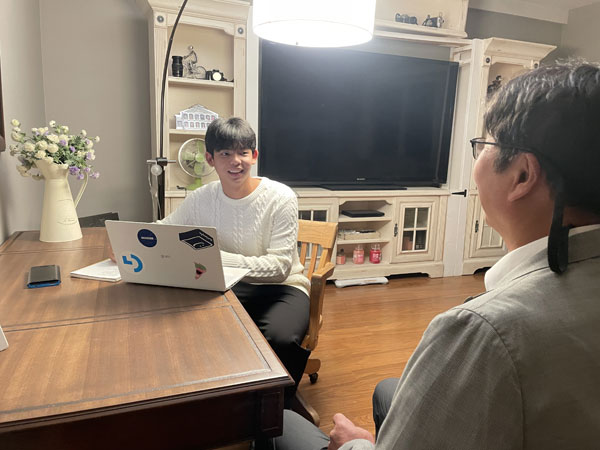The International Olympic Committee unveiled new social media guidelines for the Paris 2024 Olympics

[Photo Credit to Hayden You]
The Olympics, held in Paris last month, introduced new, relaxed guidelines for participants to share their experiences on social media.
Participants may now take photographs and record videos inside and outside accredited areas, share photographs on their personal social media platforms within certain limits, and share posts from the training and practice areas.
This contrasts with the Tokyo Olympics in 2020, where athletes were not allowed to share any content from accredited areas or post about their personal sponsors.
However, there are still some restrictions.
Videos may not be live-streamed, may not be longer than two minutes, and may not include actual competitions.
Also, participants were not allowed to post for commercial purposes throughout the game period.
Any post will be regarded as ‘for commercial purposes’ if its purpose is to generate profit for third-party products or services.
The objective of these guidelines was to balance the rights of media holders and those of the participants.
These lenient rules meant that agents and sports management teams could now utilize social media platforms more effectively.
Since advertising brands unaffiliated with the Olympics were against the rules, sports management teams had to get creative with marketing their athletes' personas.
Sports management teams could utilize national pride, fan engagement, comedic takes, and a whole lot more to manage and promote their athletes.
One example would be the poses from Korean and Turkish shooters, Yeji Kim and Yusuf Dikec, which were widely recognized and replicated across social media.
In an interview with Jae-rok Shin, Head Coach of the Junior Basketball Team at Mountain Secondary School in Canada, he explored how social media is influencing the marketing strategies of young athlete management team, and how social media influences young athletes at school.
Shin stated, “Social media is now so influential that our school has implemented guidelines regarding the use of social media for students.”
Since the school’s basketball team has its own social media, students must act in accordance with the guidelines or risk negatively representing the school or themselves.
“Respect is key, students at our school should have an understanding of what is appropriate to post and what is not.” Shin outlined.
Shin continued, “We trust our students to utilize social media positively and safely, especially as they are representatives of our team and our school.”
In regards to marketing, Shin stated that students who are sponsored are indeed allowed to post their sponsorships as long as they aren’t shared on official school social media, such as the basketball team’s page.
Shin followed up saying, “Our school recognizes how valuable sponsorships can be for our young athletes, and how powerful social media is as a tool of self-promotion.”
“We don’t want our students and young athletes to miss out on such an opportunity.”
Most schools across the region have followed suit and will often have student-run social media accounts for their sports teams.
Since social media is so prevalent across all industries, including sports and education, it is important that some guidelines are provided, especially for the young and impressionable.
Overall, the power of social media in sports cannot be understated, and much like the Paris Olympics, some schools actively encourage students to use social media to promote their sporting endeavors within certain guidelines.

- Hayden You / Grade 12
- Walnut Grove Secondary School

![THE HERALD STUDENT REPORTERS [US]](/assets/images/logo_student_us.png)
![THE HERALD STUDENT REPORTERS [Canada]](/assets/images/logo_student_ca.png)
